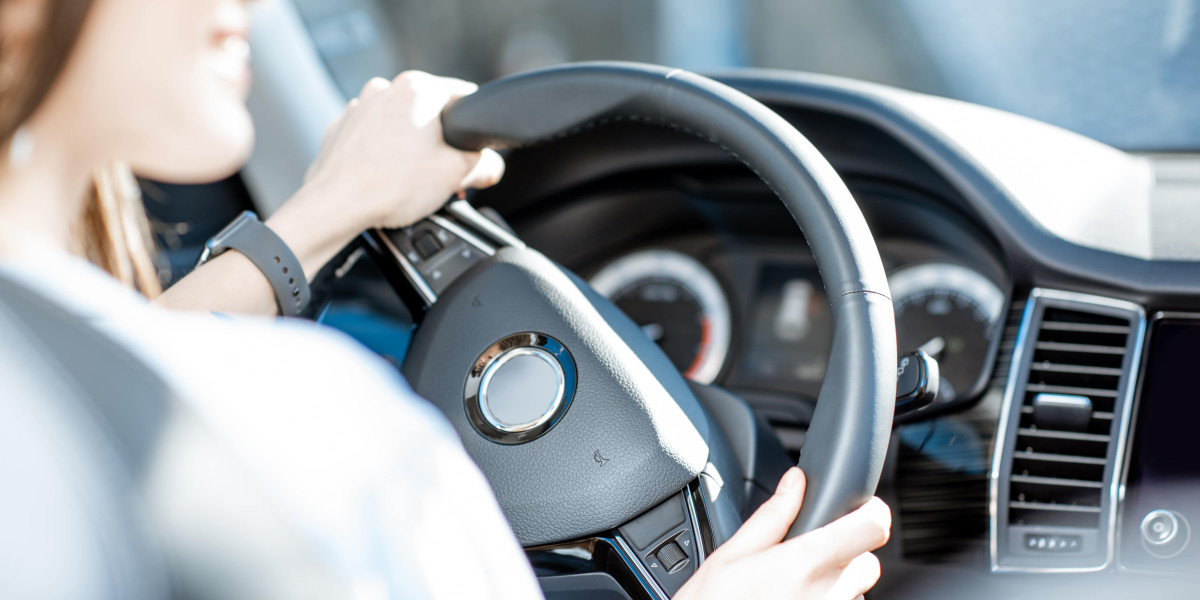Understanding the Licensing System in the UK: A Comprehensive Guide
The licensing system in the United Kingdom is a diverse framework created to manage different activities, from driving to operating a company. It is important for individuals and companies to browse this landscape successfully, as licenses are frequently required to ensure security, compliance, and fair practice. This short article aims to offer an extensive understanding of the licensing system in the UK, covering various kinds of licenses, the application procedure, and often asked concerns.
Kinds of Licenses in the UK
The UK licensing system encompasses a huge series of licenses, accommodating various sectors and activities. Below are some of the most typical kinds of licenses:
1. Driving Licenses
- Complete uk driving license Provider Driving License: Required for people to lawfully drive on public roadways.
- Provisionary License: Allows learners to drive under guidance while getting ready for their driving test.
- Taxicab and Private Hire Licenses: Required for drivers of taxis and personal hire vehicles to guarantee they meet security and professional standards.
2. Business Licenses
- Alcohol and Entertainment Licenses: Required for establishments that offer alcohol or offer home entertainment.
- Food Business Registration: Mandates any business that prepares or sells food to register with local authorities.
- Environmental Permits: Needed for companies that may affect the environment, such as garbage disposal and emissions.
3. Professional Licenses
- Medical Licenses: Necessary for physician to practice and provide healthcare services.
- Solicitor and Barrister Licenses: Required for legal specialists to use legal representation.
4. Other Licenses
- Event and Festival Licenses: Required for hosting occasions that may attract large crowds or posture public safety dangers.
- Drone and Aviation Licenses: Necessary for individuals or organizations using drones for commercial purposes.
The Application Process
Acquiring a license in the UK generally includes an organized application procedure. While the specifics might vary based on the type of license, the following basic actions can provide a guideline:
1. Identify the Required License:
Identify which license is necessary for the intended activity. This might involve speaking with official resources or regional authorities.

2. Collect Required Documentation:
Prepare all essential files, which may consist of recognition, evidence of certifications, or organization information.
3. Submit the Application:
Complete the application kind-- this might be online drivers licence or via postal service-- and submit it in addition to the required documentation.

4. Payment of Fees:
Most licenses feature associated costs, which need to be paid upon application.
5. Await Processing and Inspection:
Authorities might review the application and conduct assessments where suitable. Processing times can vary widely.
6. Get the License:
Upon approval, the applicant will receive their license, which might be legitimate for a specified period, requiring renewal thereafter.
Maintaining Compliance
Licenses often include particular obligations that need to be adhered to in order to maintain compliance. Failing to meet these conditions can result in charges, consisting of fines or revocation of the license. Here are some typical requirements to consider:
Regular Renewals: Most licenses need periodic renewal. Tracking expiration dates is essential.
Record Keeping: Many licenses require comprehensive records, whether for monetary information, client interactions, or security audits.
Mandatory Training: Certain occupations demand ongoing expert development and training to stay certified.
Often Asked Questions (FAQs)
1. How long does it take to get a UK driving license?
The timeframe for acquiring a driving license can differ. For a provisionary license, processing generally takes about 3 weeks. A complete license may take a number of months depending upon the waiting times for driving tests and other factors.
2. What happens if I drive without a legitimate license?
Driving without a legitimate license can lead to significant fines, points on your driving record, and possible criminal charges, which can result in a driving ban or jail time in serious cases.
3. Can I obtain several licenses concurrently?
Yes, individuals can get uk driving licence several licenses all at once; however, each application will be assessed individually based on its requirements and compliance guidelines.
4. Are there any exemptions to licensing requirements?
Certain activities may have exemptions; for instance, volunteer drivers may not require a taxi license under specific conditions. It is best to seek advice from local guidelines or legal guidance.
5. What should I do if my license is lost or stolen?
If a license is lost or taken, it ought to be reported to the pertinent authorities at the earliest opportunity. Applicants can then obtain a replacement through the appropriate channels.
Navigating the UK licensing system is essential for anyone wishing to take part in activities that require lawful operation, from driving a car to running a company. Comprehending the different licenses readily available, the application processes, and compliance obligations can aid individuals and services alike in achieving their objectives while sticking to legal requirements. Whether looking for a driving license or an organization permit, it is basic to remain educated about the constant modifications in guidelines and requirements.







